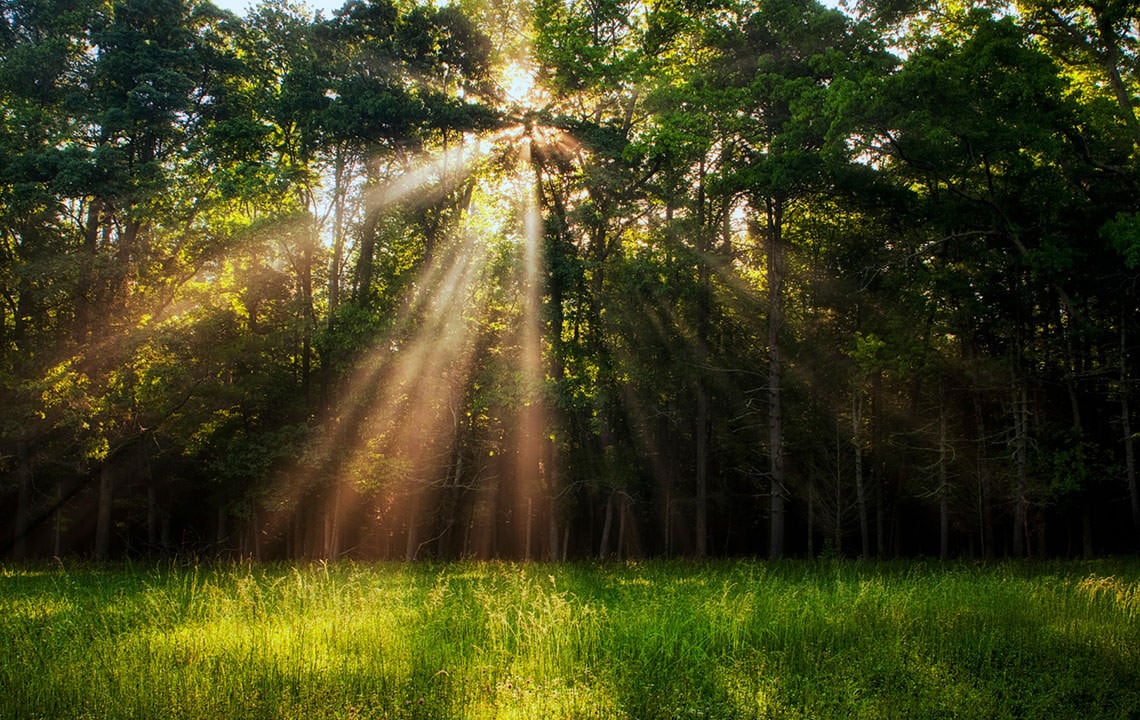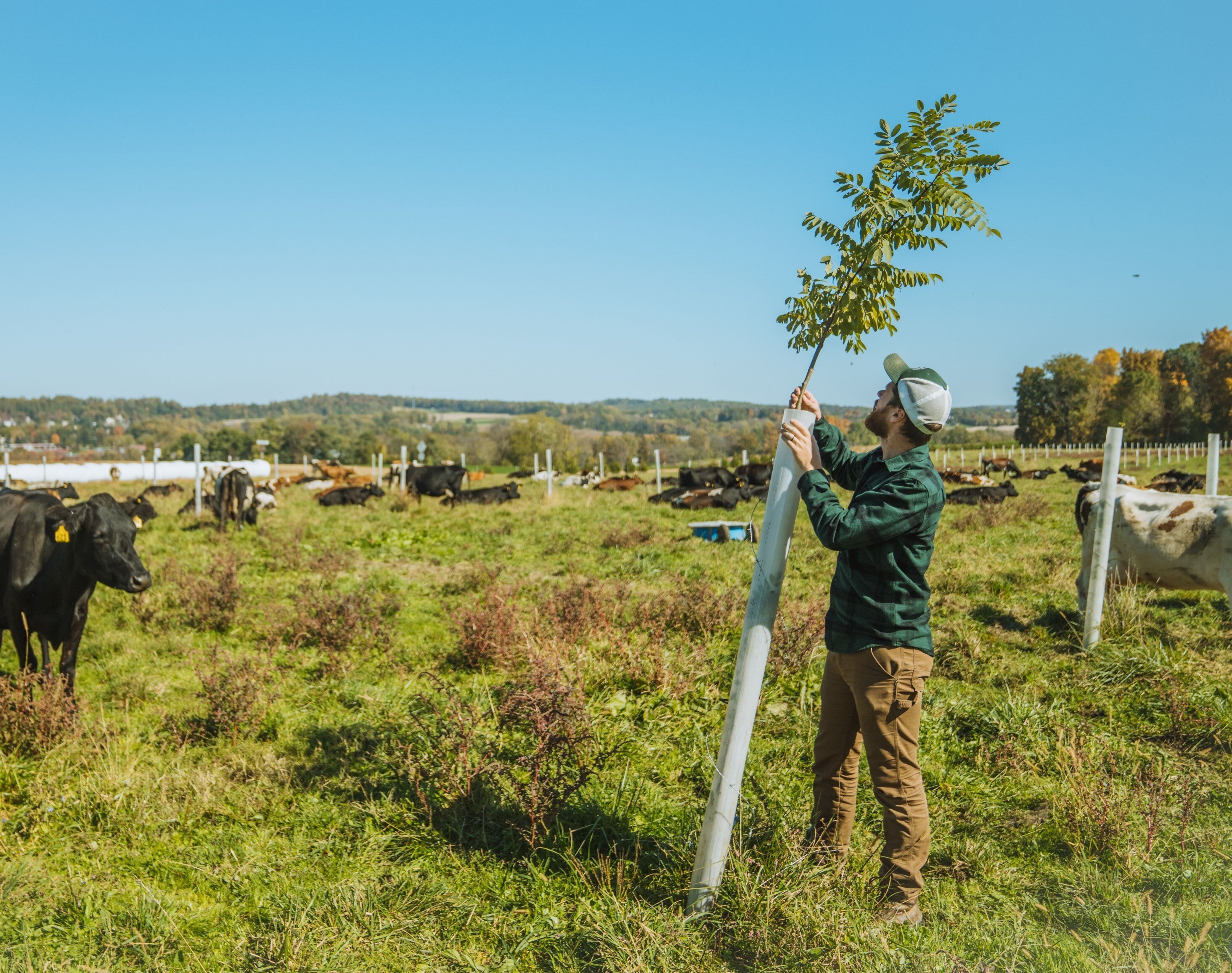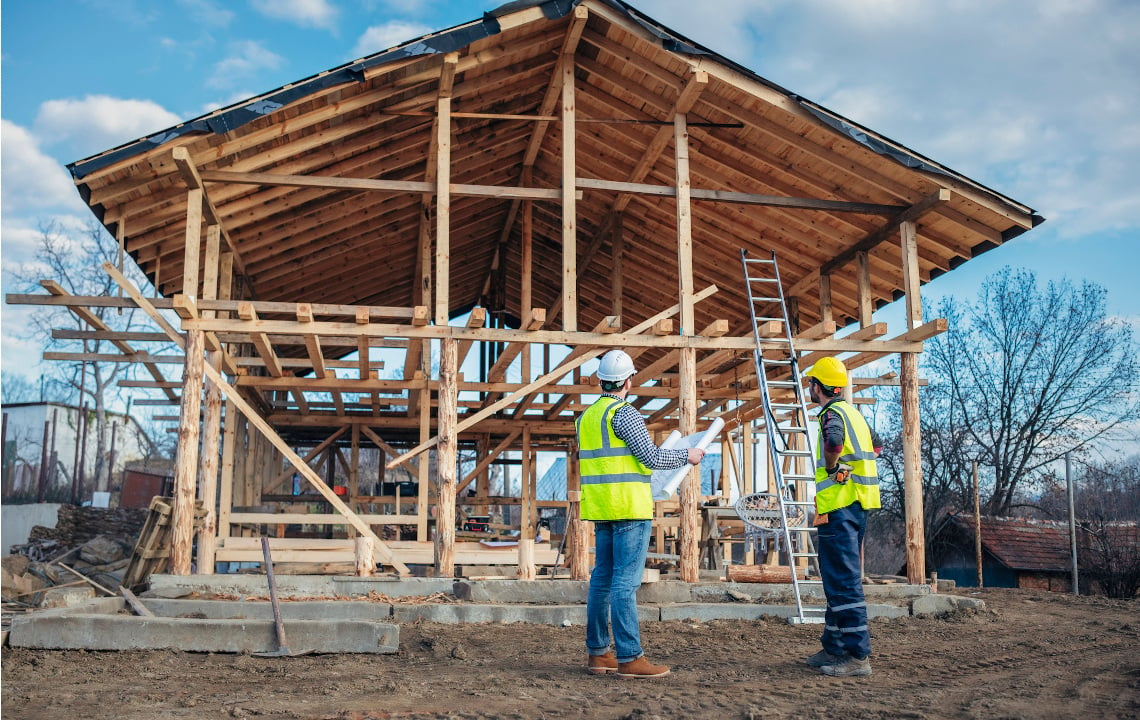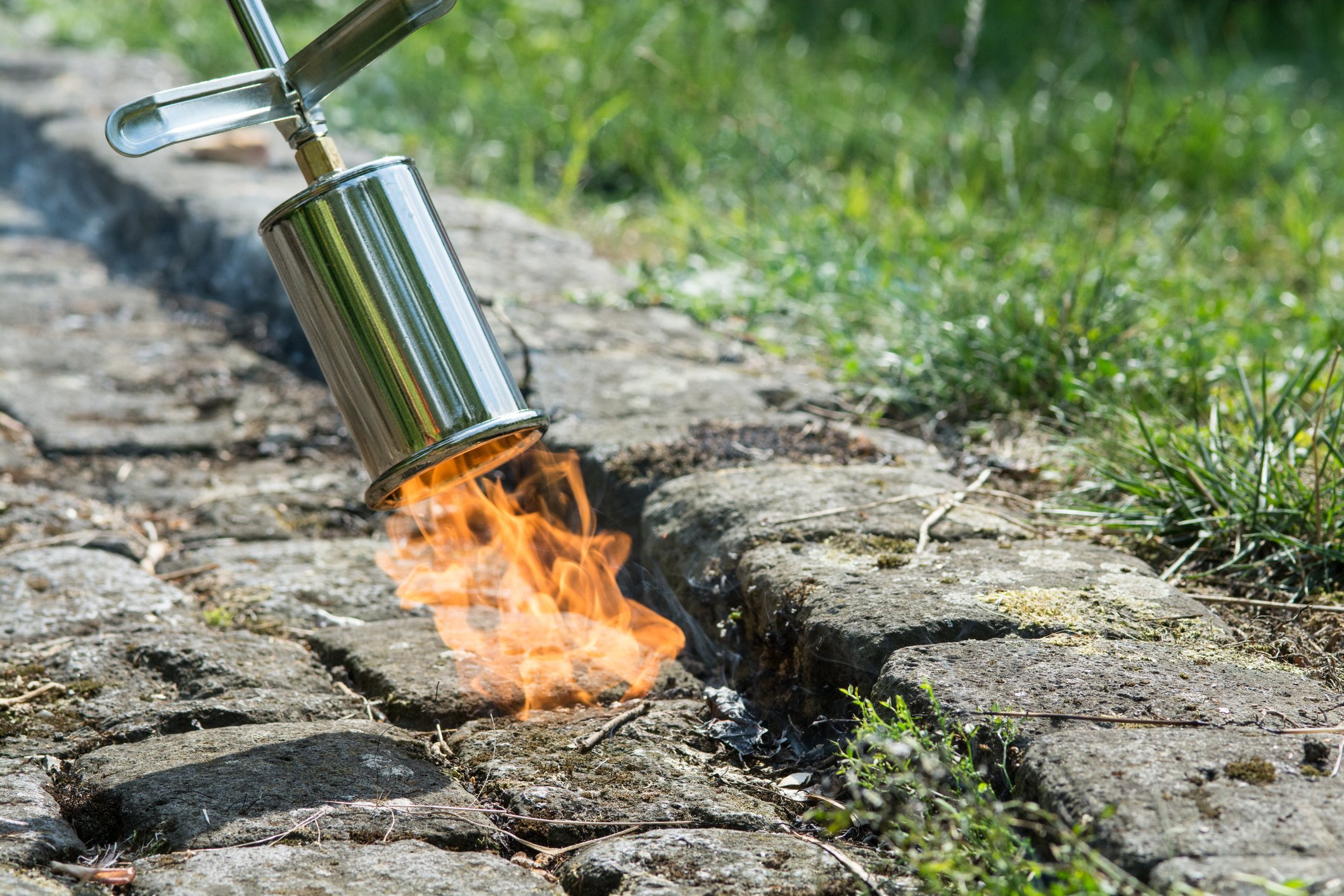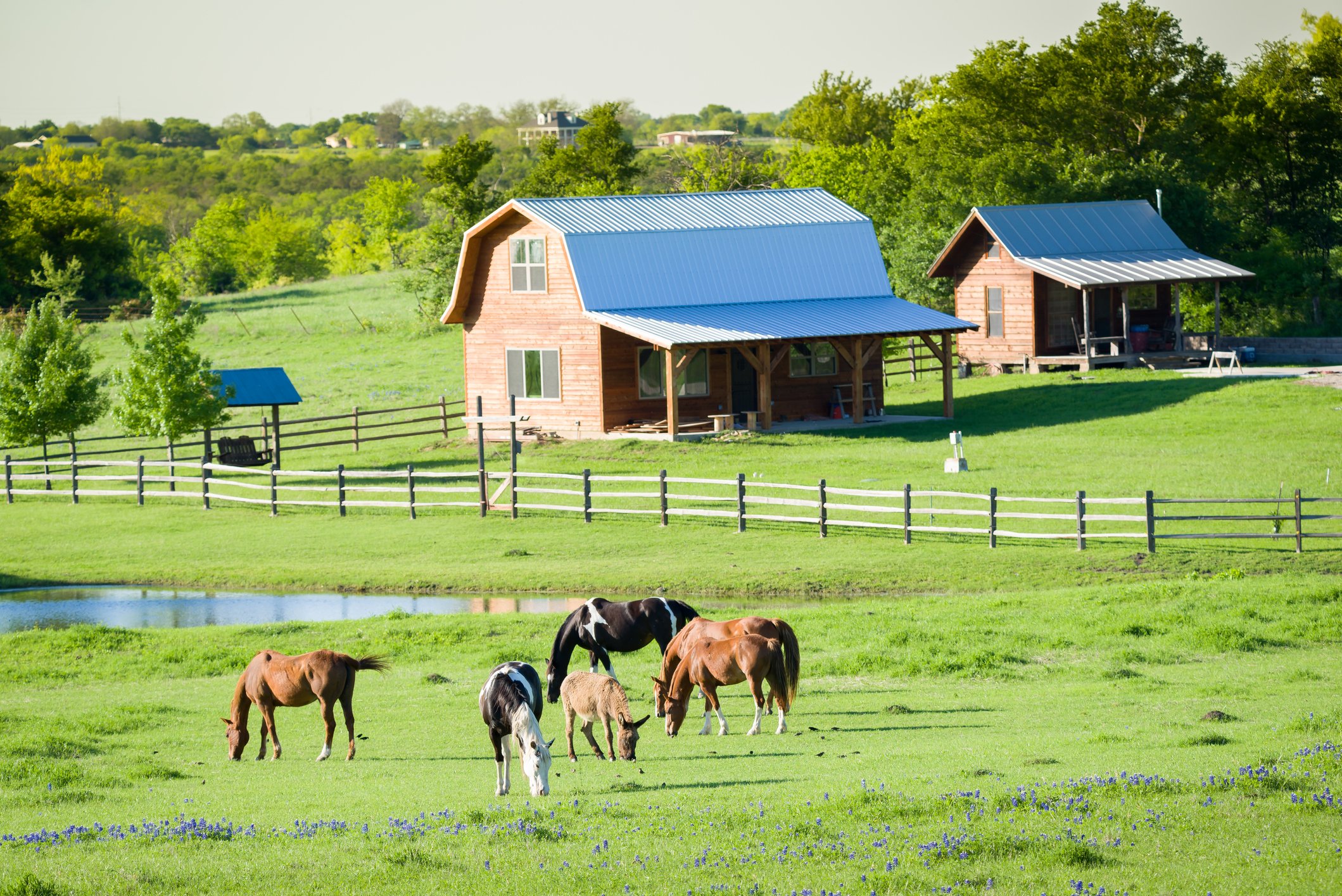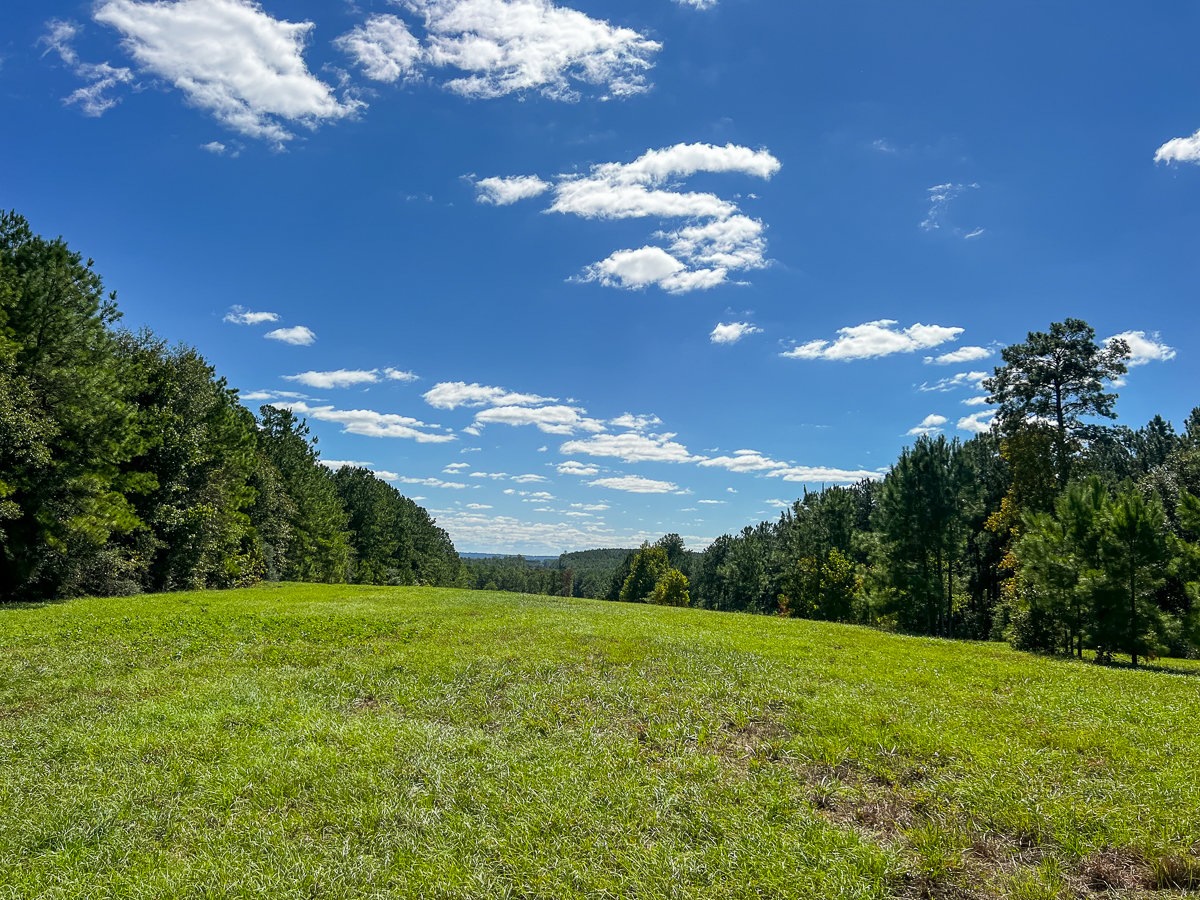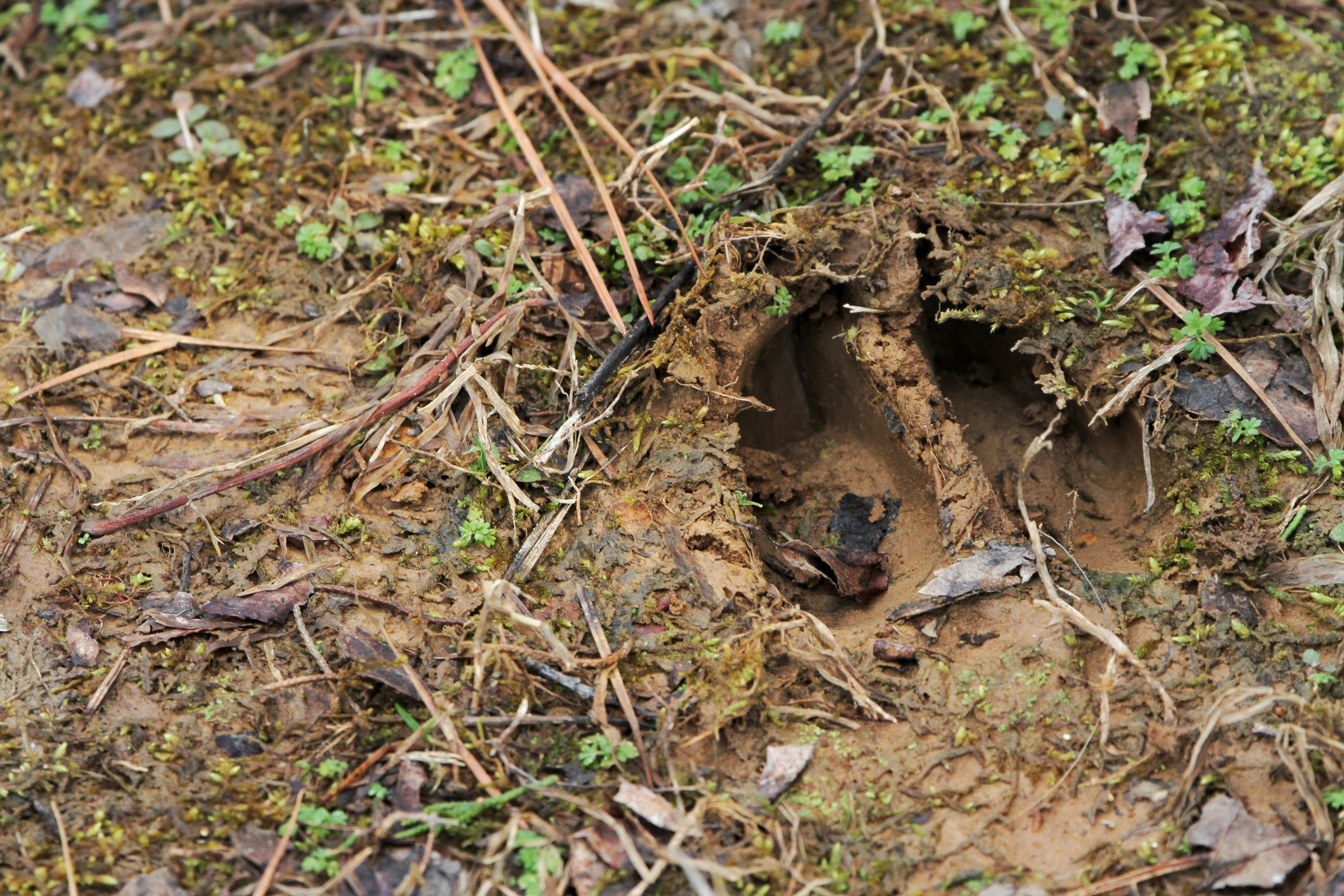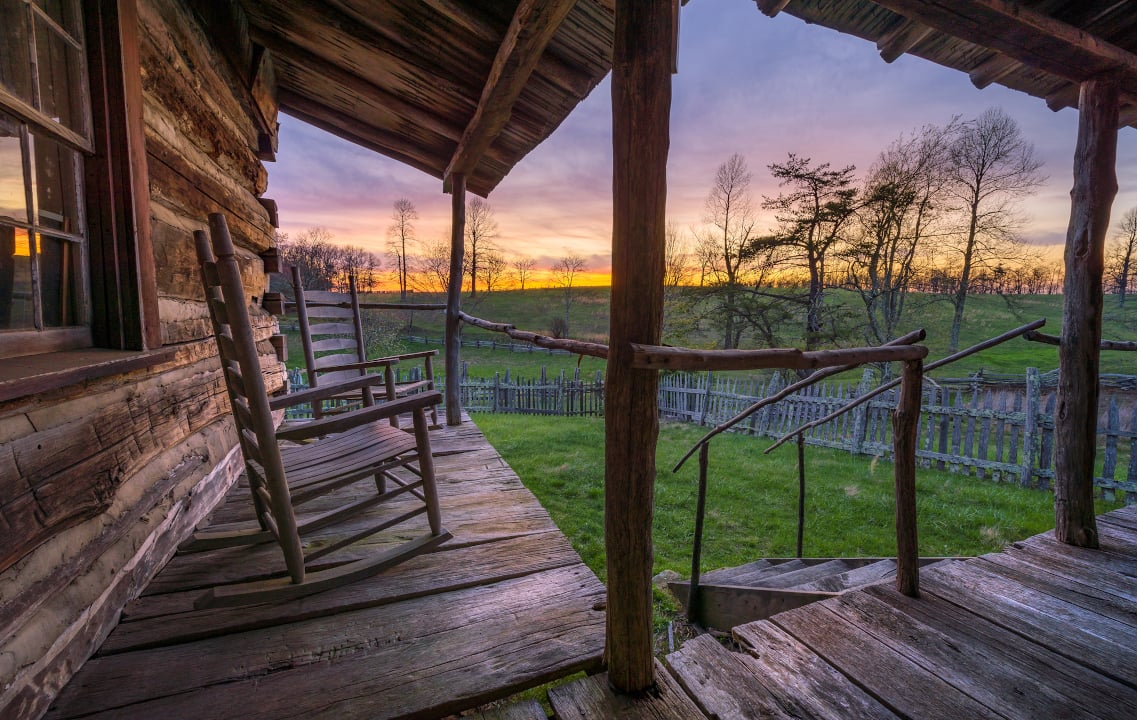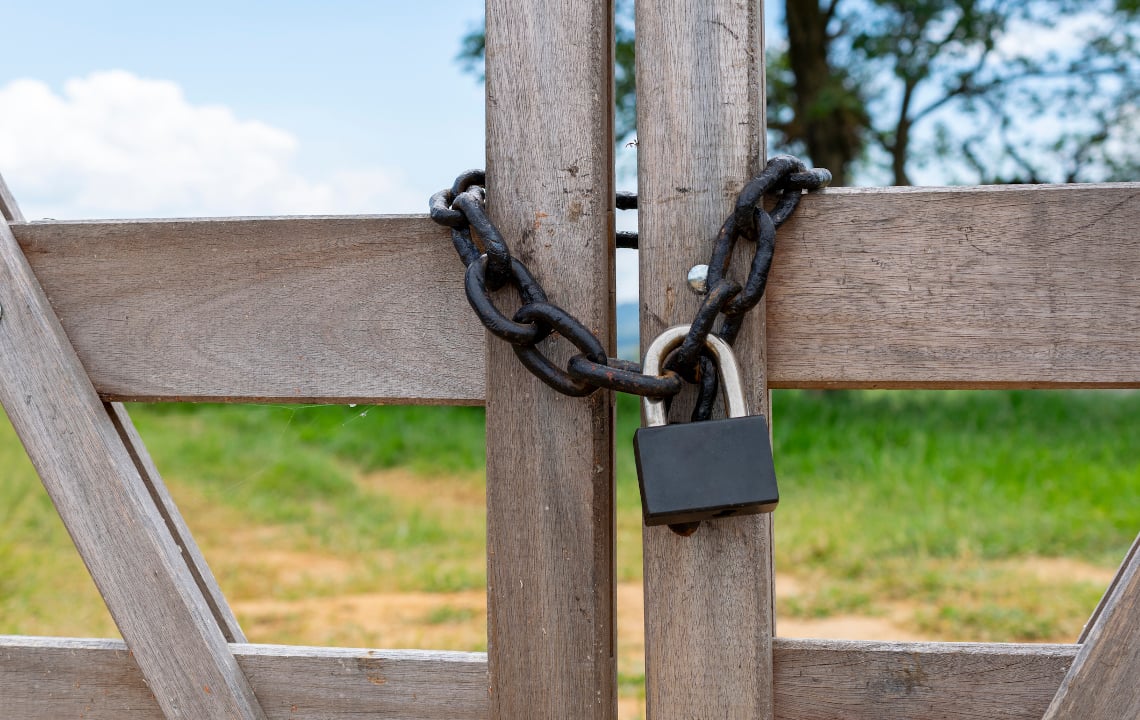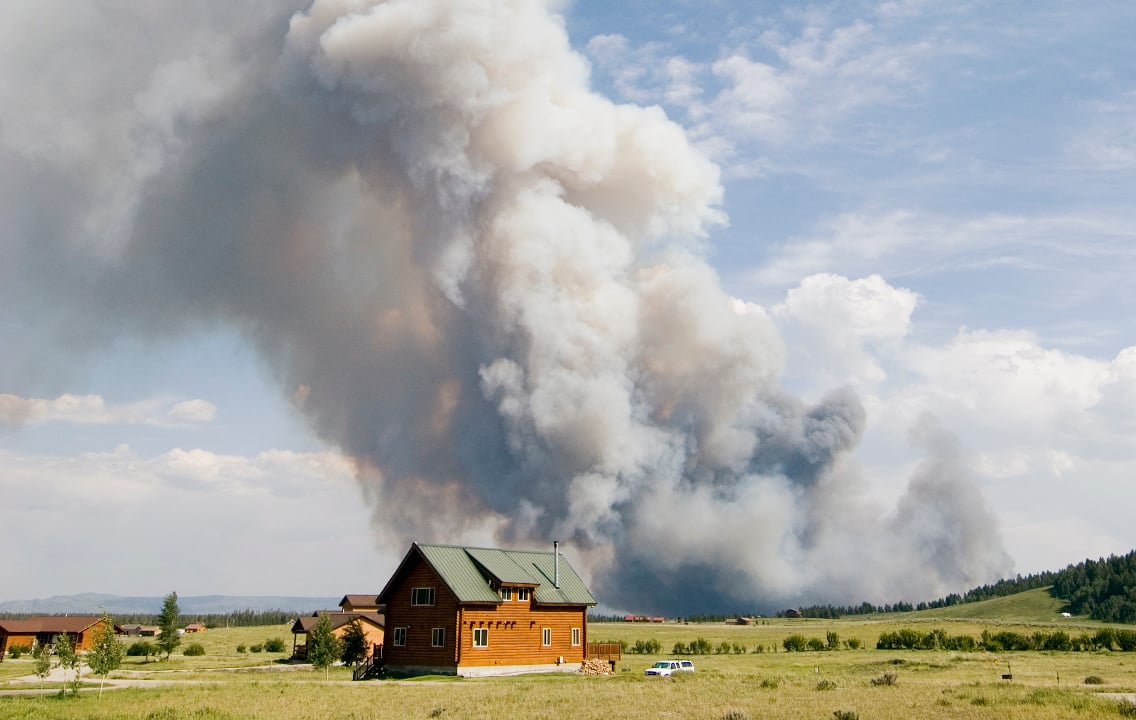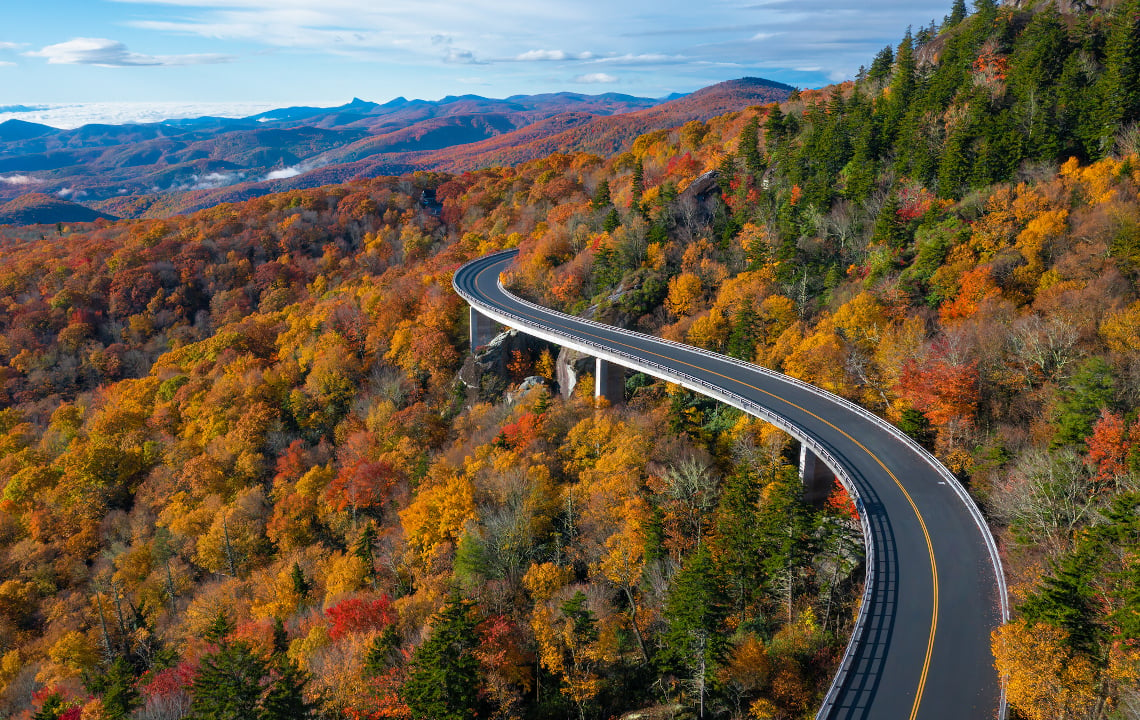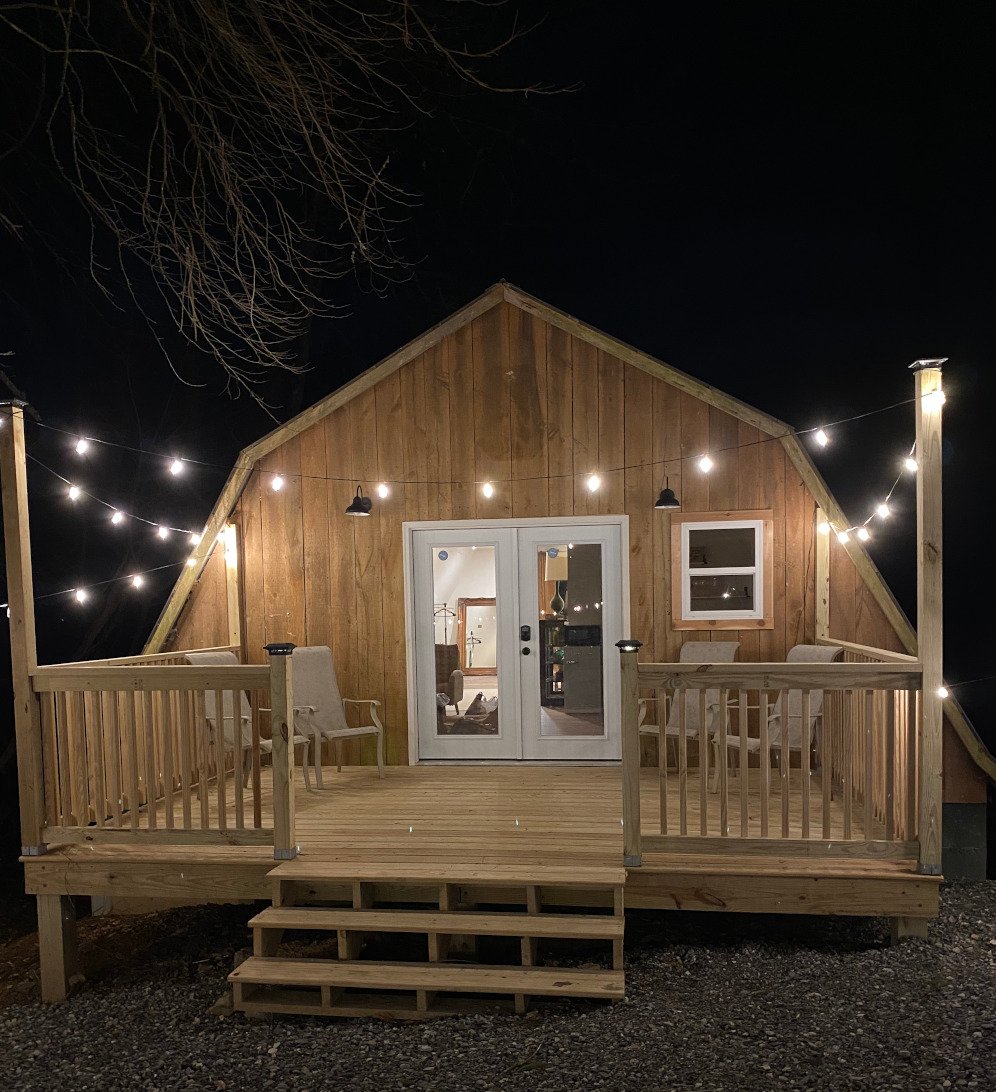The pandemic has sparked a huge increase in rural land sales to first-time land buyers. If you're thinking of buying land, or have already started the process check out these essential tips to help avoid common first-time-buyer pitfalls.
Who Should I Hire to Help Me Find the Land I Want?
Tip #1: Find a Broker or Agent who's Experienced with land, Rather Than a residential Realtor.
A broker experienced with land sales will understand the vast differences between land-buying and home-buying. This person will know how to read aerial land maps and will know how to show the land, itself, to you.
“ [Land agents] have four-wheel drive vehicles and can both drive the land and walk it. Most ‘traditional’ residential Realtors do not do either,” Anne Barnett, owner and president of Southern Property Services Inc. told us in our story, Why Hire a Land Agent Rather Than a Residential Realtor?
 Photo by Felix Russell-Saw on Unsplash.
Photo by Felix Russell-Saw on Unsplash.
Tip #2: Hire a Real Estate Attorney
An attorney experienced with land sales in the region you're looking to buy land in will be able to guide you from making an offer with the right contingencies to ensuring there are no title clouds, zoning issues or deed restrictions that would prohibit you from using the land the way you intend to.
“It might cost as much as a few thousand dollars, which may seem like a lot of money, but it’s very little next to what you may spend for the land and, in the end, may save you a great deal of money,” John Weidenhaft, who works for Raydient Places + Properties, Rethink:Rural's parent company, told us in our article, Don't be a Rookie: 5 Tips for Buying Rural Land in The South.
How Many Acres Do I Need?
Tip #1: First, make sure you have a clear understanding of the size of an acre.
Even folks who have lived in the country their whole life can struggle with just what an acre looks like. That's why we worked with our parent company to create our The Rural Rules video, How Big is an Acre of Land? to show you the dimensions and compare an acre to everyday places you're more familiar with, such as a football field, which is roughly one acre.

Tip #2: Decide what you want to use the land for and research recommended acreage for that particular land use.
It's hard to find an expert who will recommend an exact number of acres to you, and there's a reason for that: it varies. A lot. You need to get very specific about your plans for the property and -- once you have prospective properties in mind -- find out how what portion of those properties can be used for your intended use. For example, if you're buying land for a house but part of that land is protected wetlands, make sure there's adequate higher ground for your home.
But we know you're looking for numbers, so we talked to folks already living on acreage, who shared how many acres they needed to make their plans become a reality. Here are links to each of them:
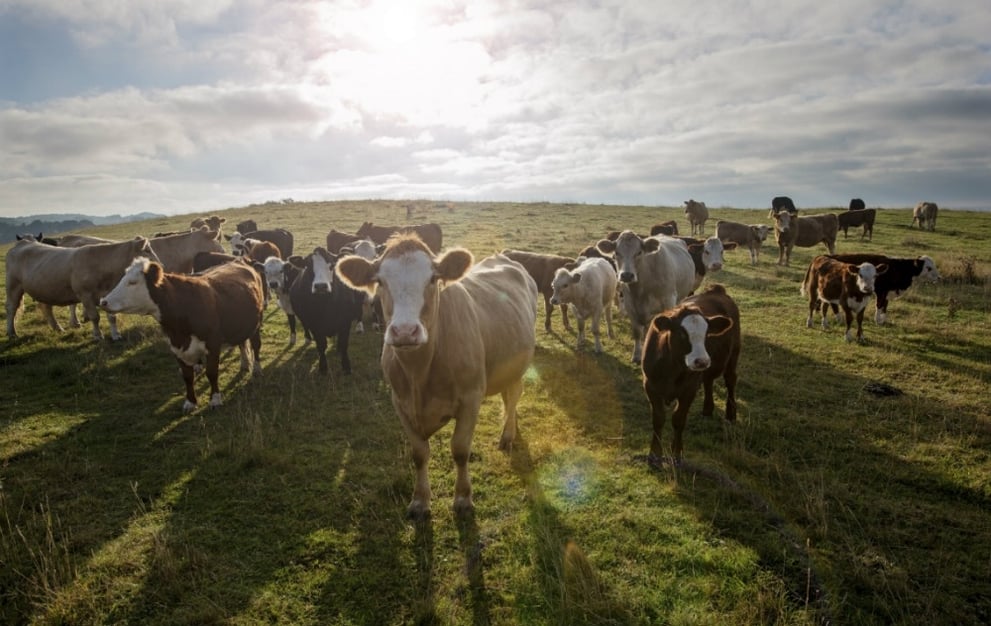
How Do I Pay for a Land Purchase?
Tip #1: Work with institutions that know land
While many traditional banks will turn you away, lenders that know land -- such as farm credit institutions -- will be more likely to loan you the funds you need. These institutions were designed to make the land buying process easier, even in how you repay the loan.
"We can structure the payments based on the buyer. For example, if a farmer buys 100 acres to raise cows, we can collect the payments on a quarterly or annual basis depending on when the farmer receives his income from the cows," Marcus Boone, senior vice president and chief lending officer of Farm Credit of Florida, told us in our article, How to Finance a Rural Land Purchase in the South.
Tip #2: Start Saving Money -- And Improving Your Credit Score -- Long Before You Buy
Arguably the first step in the land buying process should be getting your finances in the best possible shape. A good credit score and a good cash reserve (to show you'll be able to repay the loan even if you have an unexpected change in cash flow) will give you a much better chance of securing the loan you need.
Saving cash for your down payment is recommended, too.
"Buyers financing a rural land purchase are typically asked to provide a 20-25 percent down payment," our land buying eGuide, 3 Steps to Buying Rural Land with Confidence, explains.
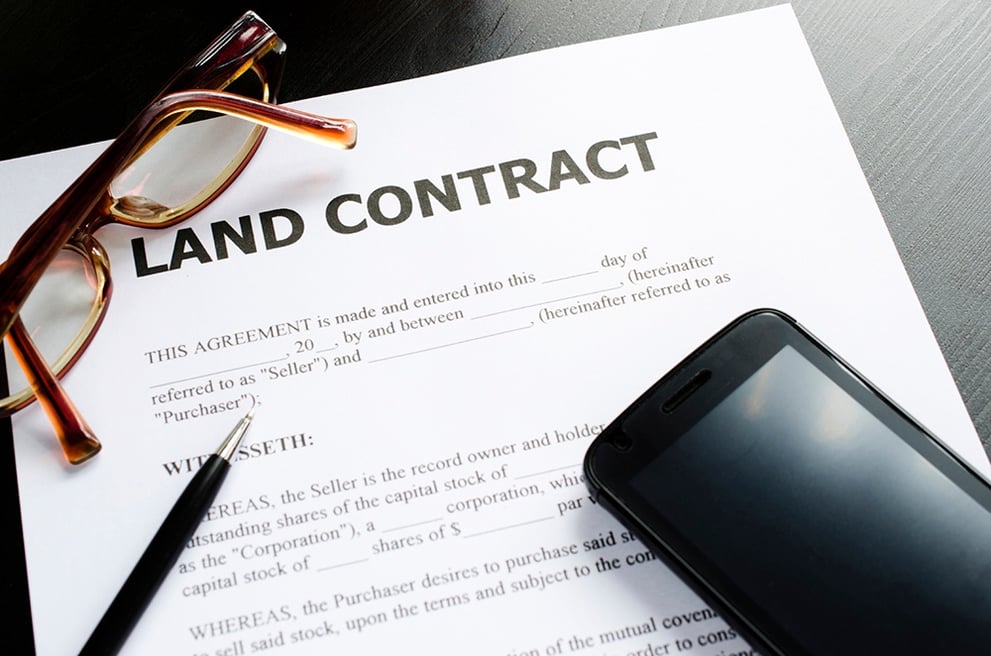
What Kind of Insurance Will I Need on Vacant Land?
Tip #1: Get Title Insurance
While you won't need much insurance on raw land, title insurance is highly recommended. This insurance helps clear any questions about who owns the land before you buy it, determines whether there are any liens against it and protects you from future claims.
"It’s worth noting that title insurance doesn’t mean that title issues won’t arise (much like owning car insurance doesn’t guarantee you won’t have an accident). But it does offer you a layer of protection should an unexpected claim arise, and keep in mind that your fees for the title research and for the insurance itself may be negotiable," according to our eGuide, 3 Steps to Buying Rural Land with Confidence.
Tip #2: Get Liability Insurance
Even without a structure on your land, liability insurance can protect you from a sticky situation.
“When you have acreage, liability situations can arise,” he says. “People could be riding four-wheelers or hunting on your property. You might not even know they’re doing it, but you could still be held liable. If you have more than five acres of land, I would at least check into it,” Farm Bureau Insurance Agent Brad Raulerson told us in our article, What Insurance Do You Need for Raw Land?
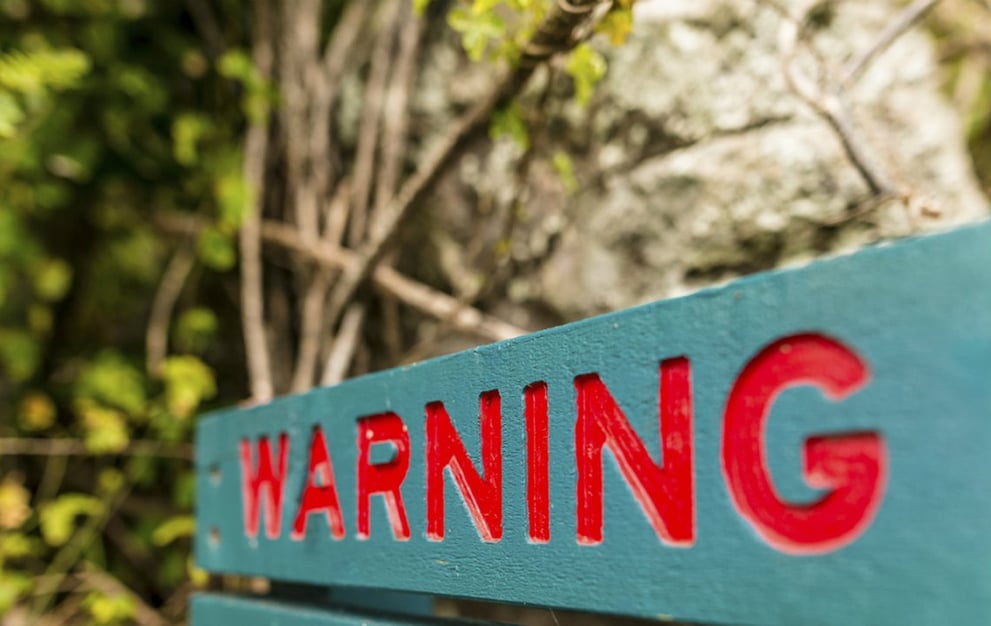
How Can I Be Sure I'm Not Buying a "Bad" Property?
Tip #1: Investigate the Land's History
The backstory of a property can be its biggest flaw, so find out how it's been used in the past -- and who owned it. Even a deed can be incorrect, so take the time to have a title search done before you finalize the deal. You may also want an environmental site assessment to ensure past use of the property won't empact your plans for it, recommends Adam Godfrey in our article, Looking for Land? Don't Buy a Lemon.
Tip #2: Make sure you can access it
In land sales, access is even more important than "location, location, location." If you have no legal means to get to the land, it doesn't matter how fantastic it may be.
The ideal access is public road frontage, which gives you the easiest way to reach your land. Second best is a deeded easement, which specifically states in the property deed that you are able to cross a property to reach your land. Rick Bourne, a land agent with Southeastern Land Group, explains various types of access and shares tips on how to get access to landlocked properties in our article, How to Get Access Rights to Land.
Editor's Note: This post was originally published in 2017 and was updated and republished in 2021.


